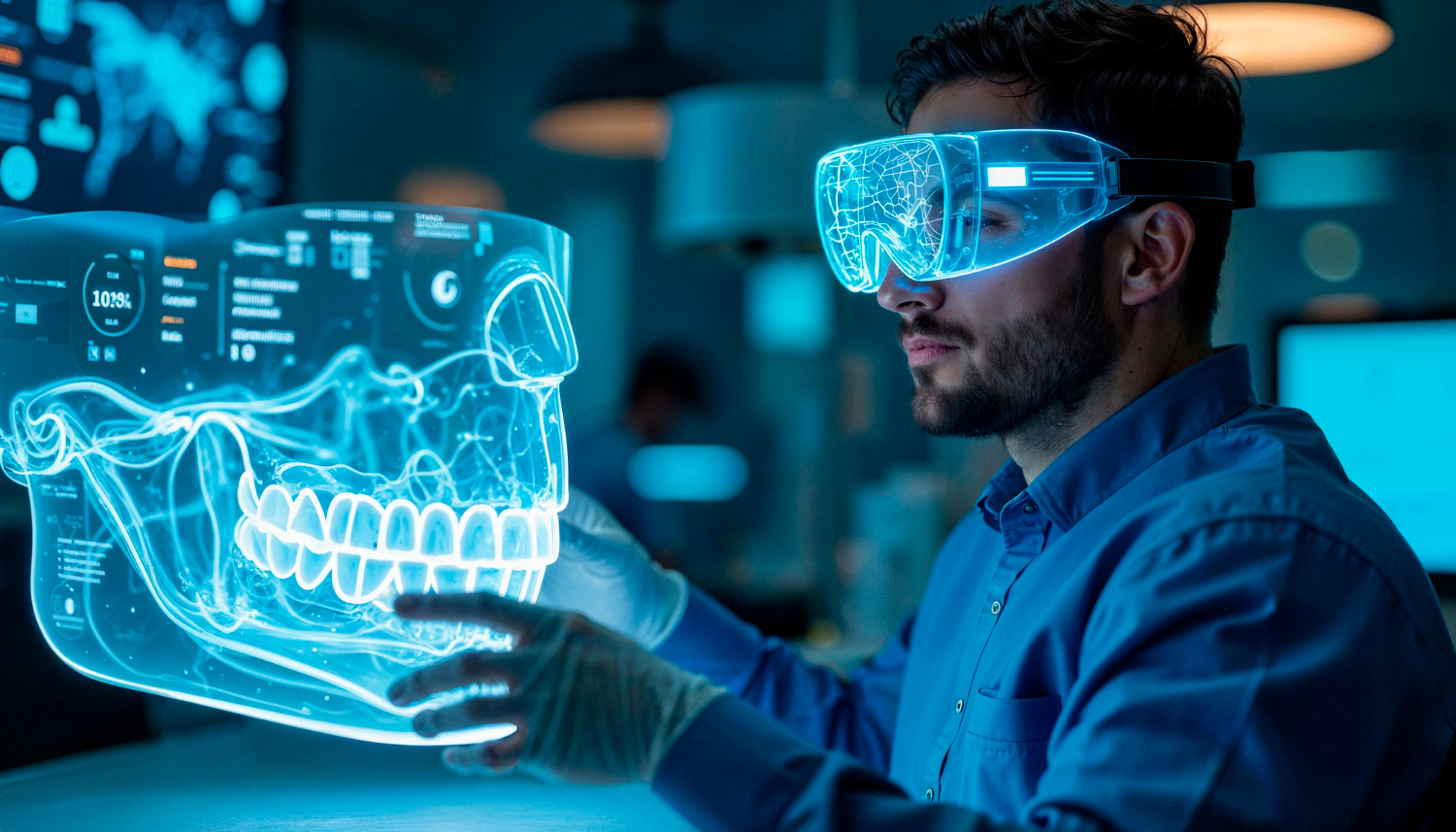In stark contrast to Hollywood’s recent apprehensions about AI, the 90th Venice Film Festival is witnessing a more optimistic outlook on AI’s potential in cinema. Notable figures like Tom Hanks, Robert Zemeckis, Joe Russo, and Darren Aronofsky are championing AI’s role in filmmaking.
Robert Zemeckis, promoting his AI-powered film “Here,” even envisions an AI version of the act after his death. Joe Russo, known for directing “Avengers: Endgame,” imagines a future where viewers can request a new movie starring themselves and icons like Marilyn Monroe through AI TV.
Director Harmony Korine premiered his AI-assisted film “Aggro dr1ft,” which employed Stable Diffusion to create stunning visuals, marking a departure from traditional filmmaking rules. Korine views AI as a creative tool rather than an existential crisis, highlighting its exciting potential.
Three AI film studios were launched in Venice, including EDGLRD, Pillars, and Simulations (formerly Fable Studios). These studios are developing AI Cinema Technology Suites that encompass deepfakes, AI VFX, creature FX, and text-to-video capabilities for virtual productions.
Simulations showcased its AI Showrunner technology, which could potentially lead to AI-generated TV shows and interactive content where viewers can create remixes or entirely new episodes by conversing with their TVs.
These AI studios are pushing the boundaries of cinema by merging game engines, XR, AI, and traditional filmmaking techniques to create innovative experiences. While AI cinema remains a topic of controversy, the embrace of cinematic AI by Hollywood filmmakers suggests that it might offer opportunities rather than just threats to the industry.
Credits to Forbes.













